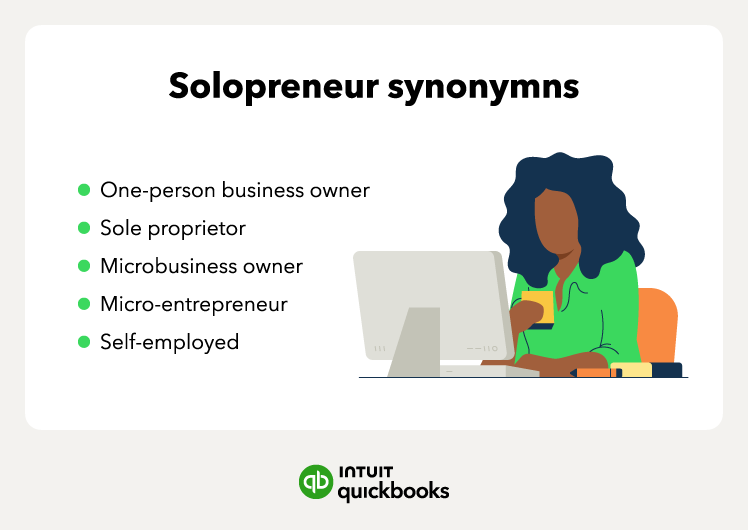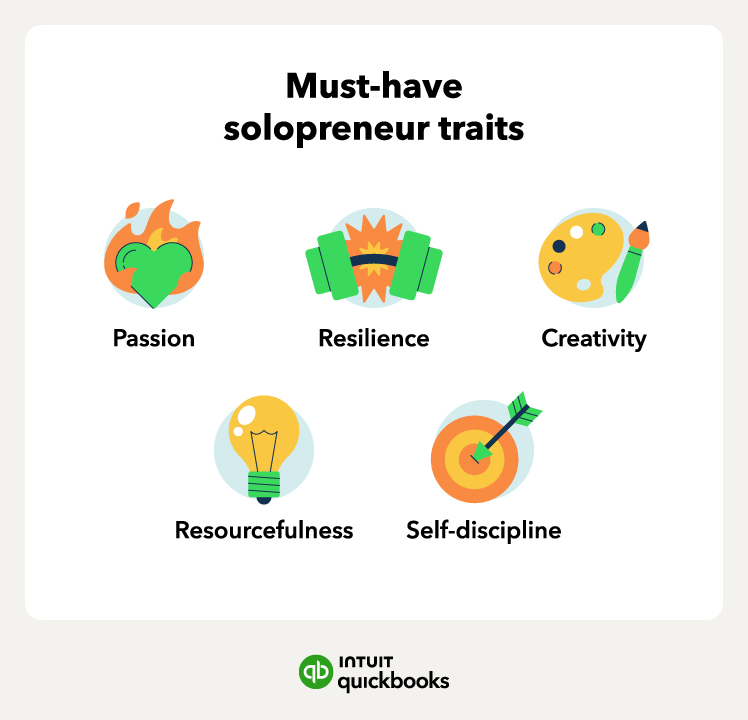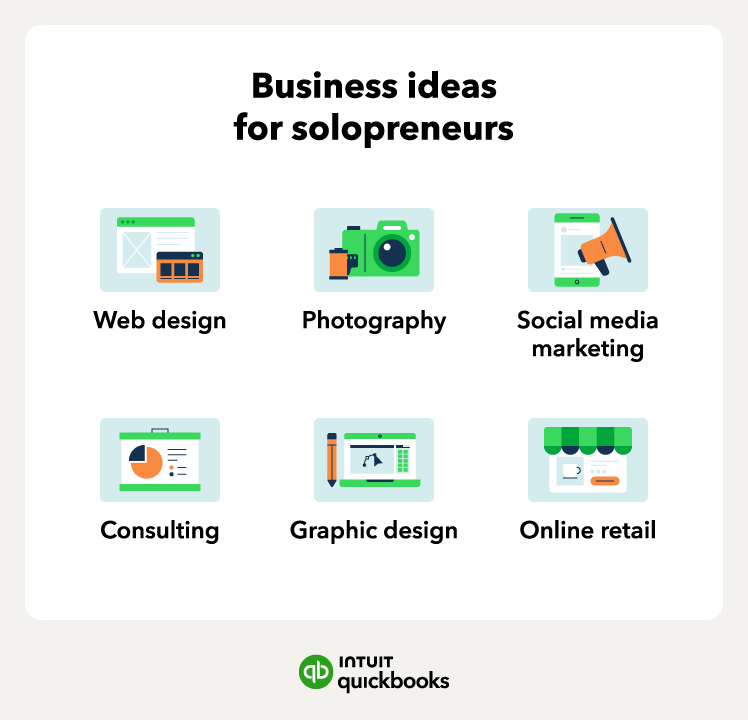Step 2: Familiarize yourself with local regulations
Small businesses in Canada have to pay federal taxes, and in most cases, must also collect and remit goods and services tax (GST) or harmonized sales tax (HST). There are also specific provincial or territorial licensing rules and guidelines you should become familiar with depending on your location. Find your specific regional information by Googling “small business regulations" and your home province or territory.
Step 3: Get a business number
Your business number identifies your business to your customers and the government. It's used in much the same way as your social insurance number.
While solopreneurs can initially operate without a business number, you will need one to access a Canada Revenue Agency (CRA) program account, to collect GST/HST, or if you decide to incorporate.
Smaller businesses earning less than $30,000 in revenue don't have to charge tax, but having a business number is as much about your legitimacy as a business as it is about paying taxes. It's a good idea to register for a business number before you need one for this reason. Clients know your business isn't just a side hobby when you have a business number.
Step 4: Plan for tax time
When you work for an employer, they take care of your tax deductions automatically. But when you work for yourself, that falls on you.
As a solopreneur, you'll have to save for and pay your taxes yourself. A good practice is to put aside around 25 to 30% of your earned income into a separate savings account to cover your self-employment taxes. This does not include your GST/HST payment, which should have its own account where you automatically put the money received aside. You'll also want to lower your tax bill by taking advantage of tax-sheltered accounts like RRSPs and TFSAs, and by claiming expenses.
You can also avoid wrestling with a shoebox full of receipts at tax time by doing your bookkeeping—a simple accounting of income and expenses—monthly. QuickBooks bookkeeping software will help keep you on track.
If you file your taxes yourself, you'll need to fill out a T1 General form, along with a T-2125 Statement of Business or Professional Activities. If you collect GST/HST, you'll need to submit a separate return—but accounting software like QuickBooks will walk you through the process, helping to make filing your small business taxes simple.
Step 5: Set up your business operations
When starting a business, it's easy to overlook day-to-day administrative tasks, but they are crucial to success.
To stay on top of things, create an invoice template that includes your business number and payment terms, including any penalties for late payments. You should also determine where and how you want to bank. While a business bank account isn't mandatory, separating your personal and business finances will make your life easier. To keep work expenses separate from personal ones, you can also consider using a business credit card.
Finally, don't forget to set up a website and Google Business profile so your customers can find you online.
Step 6: Attract clients
Finding your audience is the final step, but it's also the most important. You need to attract loyal customers to run a successful business.
Now that you have your idea and business plan, it’s time to build your brand. The biggest part of brand building is thinking of ways to attract customers. An effective marketing strategy will rely on various online channels—including websites, social media, and email.
However, as a solopreneur, it’s also important to remember that you are your brand. How you present yourself and the experience you provide to clients will factor into your branding.
There are many ways to market your services—you can try traditional mailers and Google ads to reach a variety of demographics. But the easiest way to begin is with your inner circle. Ask family and friends for feedback on your elevator pitch, and see if they know anyone looking for the product or services you provide. Word-of-mouth recommendations are the fastest way to build a base of reliable clients and customers.
Once you've pursued those leads, it's time to brush up on your networking skills. Go to conferences and join professional organizations. Get active online and on social media, especially in forums relevant to your business. Consider writing guest blogs to introduce your services to new audiences while building SEO power.
Last but not least, ask happy clients to review you. Reviews can give your business extra credibility, as new customers are more likely to trust a business that others already trust.
There's a lot to think about when you set up a business. Self-employed and solopreneurs may go it alone, but the journey shouldn't feel lonely. Add QuickBooks Online to your team to help you track income and expenses, identify deductions, and file your returns.




